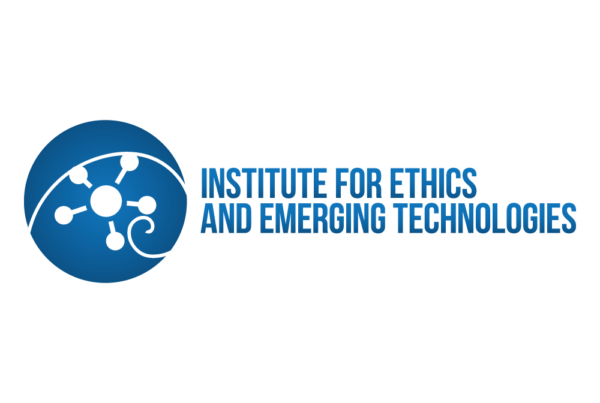Research Programs
The Institute for Ethics and Emerging Technologies (IEET) and the Applied Ethics Center (AEC) at the University of Massachusetts Boston will be collaborating on two multiyear research projects, one on the impacts of artificial intelligence on work, democracy and conflict, and the other on the regulation of human enhancement.
AI and the Future of Work, Democracy, and Conflict
Some forecasters believe automation and other emerging technologies will cause a rapid loss of traditional employment in the coming decades. Other forecasters argue that there will not be a net loss of jobs, but foresee instead a rapid innovation of new jobs, and the transformation of existing jobs. Policies to address the rapidly changing labor market include reforming higher education and job re-training, shortening the work week, a federal jobs guarantee, and a universal basic income. Whether work is threatened or not, some see a post-work future as a desirable goal of public policy, while others believe work is essential to meaning and social engagement. How can higher education focus more on non-automatable skills like creativity and social-emotional intelligence? What are the impacts of employment versus guaranteed income? Many of us find the primary locus of meaning in our work. Would living in a world with less, or transformed, work be less meaningful?
Artificial intelligence is also having dramatic impacts on democratic institutions, citizen participation and social conflict. Does AI pose unique risks to the health of democracy, and how can it strengthen citizen participation? Does AI make systemic bias more visible and correctable, or does it make it opaque with a scientistic veneer? How do weaponized AI applications in social media threaten democracy and national security? How will authoritarian regimes use AI? How do the lethal autonomous robots and other AI-driven weaponry influence how we understand war and inter-group conflict? How does AI change the culture of war and our traditional understanding of military power?
The IEET’s Artificial Intelligence program will organize seminars, publications and conferences on the academic and policy work being done on these questions.
Cyborgs and Human Enhancement
The Cyborgs and Human Enhancement program will focus on the philosophical and regulatory questions around human enhancement, including cognitive, genetic, and moral enhancement, radical longevity therapies, prosthetics, and brain-computer interfaces. How should regulatory agencies manage clinical trials for anti-aging or cognitive enhancement therapies? How do enhancement technologies impact identity and well-being? What does an extended cognition approach to the use of electronic devices imply about rights to privacy and autonomy? How can the use of neurotechnologies be regulated to respect individual autonomy, while minimizing addiction and side effects? While public policy should aim for universal access to human enhancement, when should access to dangerous enhancements be restricted or licensed? What is the appropriate use of moral enhancement in the criminal justice system?
The IEET’s Artificial Intelligence program will organize seminars, publications, and conferences on the academic and policy work being done on these questions.
